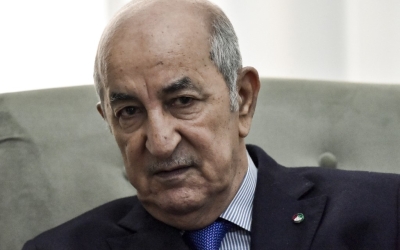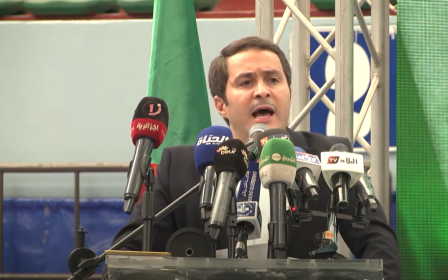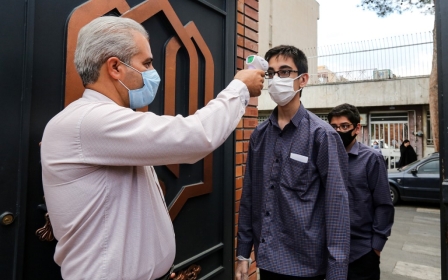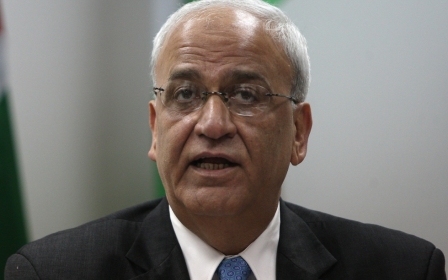Algeria's President Abdelmadjid Tebboune hospitalised amid Covid-19 scare
Algerian President Abdelmadjid Tebboune has been admitted to a specialised treatment unit in an army hospital, his office said on Tuesday, days after he went into self-isolation after suspected coronavirus cases among his aides.
In the statement, however, the presidency did not say Tebboune had contracted Covid-19.
"On the recommendation of his doctors, President Abdelmadjid Tebboune has returned to a specialised care unit of the army's central hospital in Ain Naadja in Algiers," said the presidency statement.
"His health is stable and does not raise any concern," it said, only adding that he "continues his daily activities" from hospital.
The presidency said on Saturday that Tebboune, 74, had "voluntarily" gone into self-isolation for five days after there were suspected cases of Covid-19 among several officials in both the presidency and wider government.
"I assure you, my brothers and sisters, that I am well and healthy and that I continue my work," he was quoted as saying on Saturday.
If the president is confirmed to have contracted the virus, he would join a small group of world leaders to have fallen sick from the disease, including US President Donald Trump, UK Prime Minister Boris Johnson and Brazilian President Jair Bolsonaro.
The president's hospitalisation comes five days ahead of a referendum on constitutional reforms that the government hopes will satisfy a protest movement.
Tebboune had also been expected to inaugurate the prayer hall of the new Grand Mosque in Algiers, the third largest in the world, on Wednesday.
Algeria has seen a resurgence in coronavirus cases in the past two weeks. The global pandemic struck Algeria's economy as it faced long-term challenges posed by the decline of the oil and gas revenues that finance its historically lavish state spending.
Nearly 57,000 cases have been recorded in the country of 44 million, with more than 1,930 deaths.
Middle East Eye propose une couverture et une analyse indépendantes et incomparables du Moyen-Orient, de l’Afrique du Nord et d’autres régions du monde. Pour en savoir plus sur la reprise de ce contenu et les frais qui s’appliquent, veuillez remplir ce formulaire [en anglais]. Pour en savoir plus sur MEE, cliquez ici [en anglais].





